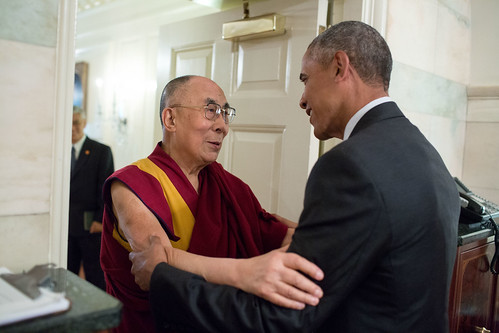From The Future of Intellectuals and the Rise of the New Class by Alvin Gouldner (1979) --
Professionalism is one of the public ideologies of the New Class, and is the genteel subversion of the old class by the new. Professionalism is a phase in the historical development of the “collective consciousness” of the New Class. While not overtly a critique of the old class, professionalism is a tacit claim by the New Class to technical and moral superiority over the old class, implying that the latter lack technical credentials and are guided by motives of commercial venality. Professionalism silently installs the New Class as the paradigm of virtuous and legitimate authority, performing with technical skill and with dedicated concern for the society-at-large. Professionalism makes a focal claim for the legitimacy of the New Class which tacitly de-authorizes the old class. On the one side, this is a bid for prestige within the established society; on the other, it tacitly presents the New Class as an alternative to the old. In asserting its own claims to authority, professionalism in effect devalues the authority of the old class.
What, you may ask, does this have to do with recent events? Arguably, Brexit is, as the Marxists might say, the crisis for the New Class, since it was a rejection of their principles.
Professionalism is one of the public ideologies of the New Class, and is the genteel subversion of the old class by the new. Professionalism is a phase in the historical development of the “collective consciousness” of the New Class. While not overtly a critique of the old class, professionalism is a tacit claim by the New Class to technical and moral superiority over the old class, implying that the latter lack technical credentials and are guided by motives of commercial venality. Professionalism silently installs the New Class as the paradigm of virtuous and legitimate authority, performing with technical skill and with dedicated concern for the society-at-large. Professionalism makes a focal claim for the legitimacy of the New Class which tacitly de-authorizes the old class. On the one side, this is a bid for prestige within the established society; on the other, it tacitly presents the New Class as an alternative to the old. In asserting its own claims to authority, professionalism in effect devalues the authority of the old class.
What, you may ask, does this have to do with recent events? Arguably, Brexit is, as the Marxists might say, the crisis for the New Class, since it was a rejection of their principles.


